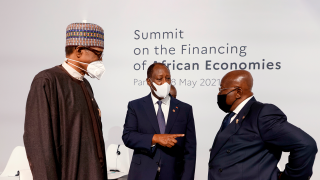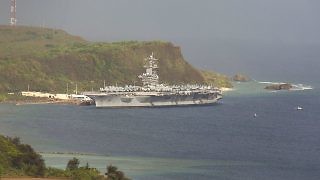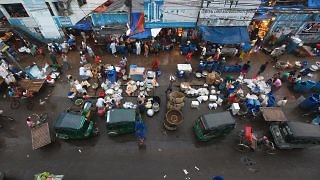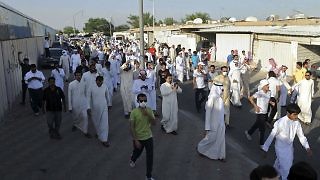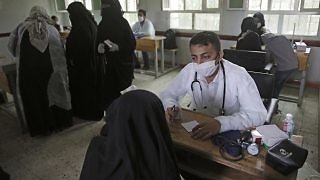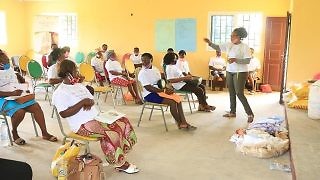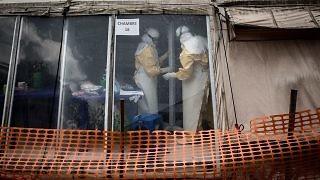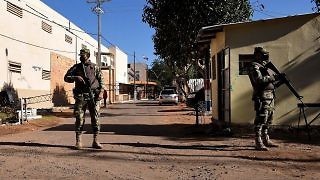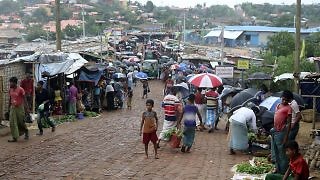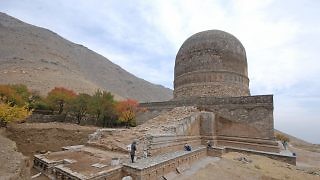Collective system leadership has enabled some countries to successfully manage the onslaught and debilitating consequences of COVID-19, an approach that could also be usefully applied to situations where attempts to build and sustain peace have failed.
Tag: Coronavirus
-
-
Looking forward, tensions in the South China Sea are unlikely to subside as China and the US continue their action–reaction cycle of military exercises.
-
COVID-19 has put all progress towards women’s empowerment made so far at risk.
-
While the pandemic continues its march through the region, movements to change discriminatory citizenship laws have gained strength.
-
What happened to the pandemic being a catalyst for peaceful processes?
-
The COVID-19 pandemic has deepened and magnified issues the women, peace, and security agenda seeks to address.
-
Despite the availability of a safe and effective vaccine, the Ebola outbreak evokes many similarities to the global fight against the COVID-19 pandemic.
-
The struggle to uphold the rule of law and the role of law enforcement in societies are among the challenges during the COVID-19 pandemic.
-
The global, swift, and devastating nature of the COVID-19 pandemic demonstrates the need to finally put the nexus theory into practice, both for this crisis and those to come.
-
While there is a pressing need to invest in the future given the pandemic’s impact, this is not fully possible without incorporating cultural heritage.
